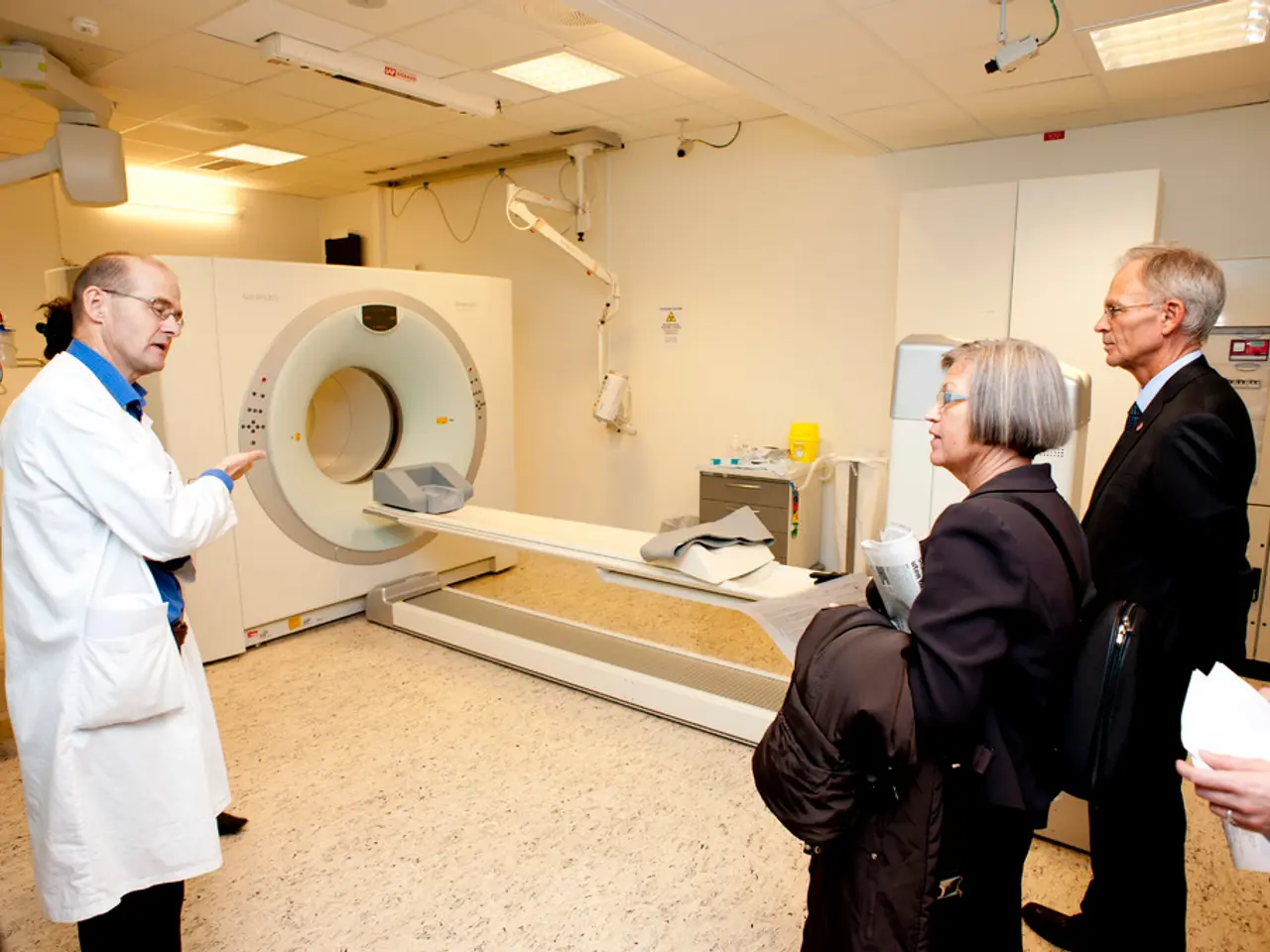Voices Marginalized Amidst Professional Disagreements
In the high-pressure environments of Neonatal Intensive Care Units (NICU) and Pediatric Intensive Care Units (PICU), healthcare professionals often face challenging ethical dilemmas. These units, which deal with some of the most vulnerable patients, have a high morbidity and mortality rate.
Children in these units are not autonomous, and their care is overseen by a hierarchy of healthcare professionals. This structure can sometimes lead to conflicts, where a lower-level professional may be required to follow orders against their own opinions and values.
Moral distress is a common feeling among healthcare providers in these settings. It can be caused by situations such as hastening the dying process, or treatments and interventions that cause more pain and suffering. Nurses, in particular, are vulnerable due to their perceived inability to make decisions and the unique nurse-patient relationship.
However, many pediatric tertiary care hospitals prioritize interprofessional collaboration in their vision and mission statements. This collaboration improves clinical effectiveness and job satisfaction, contributing to reasonable and ethically justifiable care for the child.
Conflicting perspectives among healthcare professionals can hinder collaboration. To address this, the focus of intervention should be on the management at the departmental and organizational level. This includes creating a support system for constructive ethical discussion, such as ethics rounds, debriefings, and workshops.
The hospital's bioethics department can be an excellent platform for discussing ethical issues. In Germany, establishing and utilizing a Clinical Ethics Committee (KEK) for complex medical and ethical decisions can help reduce moral distress among neonatal and pediatric intensive care staff.
Systematic education in ethics for healthcare professionals is essential. It helps them understand ethical dilemmas, analyze and reason them, and improve their ethical decision-making skills. This education can take the form of bioethics education days, workshops, and interprofessional collaboration events.
The author, who has worked in pediatric hospitals across several countries, including Pakistan, United Kingdom, Ireland, and Canada, has seen firsthand the importance of interprofessional collaboration. At their hospital, it is considered an important component of patient care, and they hope that similar initiatives will help reduce moral distress among healthcare staff in other hospitals, leading to improved patient care.
Despite these efforts, lack of educational sessions in ethics and the absence of a forum for discussing ethical issues are reported by healthcare professionals. Issues such as disproportionate care, inadequate pain relief, non-beneficial life-sustaining treatments, and continuing interventions in futile situations are examples of inappropriate care that can cause moral distress.
In conclusion, addressing moral distress in NICU and PICU settings requires a concerted effort from healthcare institutions. By prioritizing interprofessional collaboration, providing education in ethics, and establishing platforms for ethical discussion, we can work towards improving the care provided to our most vulnerable patients.
Read also:
- Essential Techniques for Successful Snack Food Business Branding
- Top-Notch Home and Expert Age Spot Remedies
- 'Starting today, registration for the Ayushman Bharat Scheme is available'; announced Delhi's Health Minister, Pankaj Kumar Singh
- Apparition's Significance and its Delivered Messages - as discussed by Sensenmann





